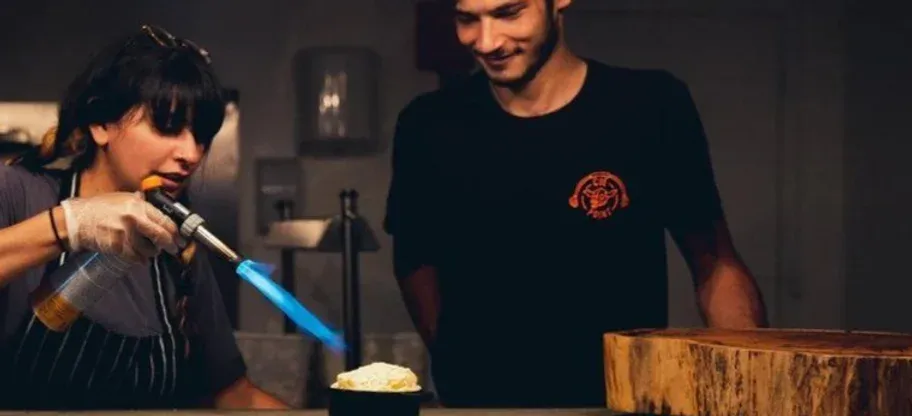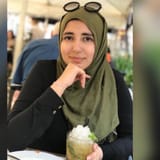Mursal Saiq on Life as an Afghan Refugee in the UK, and Building a Food Business that Gives Back
"Instead of pushing myself onto a seat at a table, I’ve decided to create a new table for all those who deserve to have their voice heard.”

Access the Audio Read version of this article directly on Spotify for Podcasters.
With Afghan refugees already numbering 2.2 million in the countries surrounding Afghanistan, and another 500,000 estimated to attempt escaping via land borders, Pakistan and Tajikistan have now declared that they simply don’t have the resources to host any more refugees. International communities have called upon other countries across the globe to accommodate a larger number of refugees and have criticised the UK government for only agreeing to rehabilitate 20,000 refugees over the next couple of years. But while most media have been focusing on which countries take in refugees, there is little conversation around what the aftermath of seeking asylum looks like, and a refugee’s living conditions in the years that follow.
For Mursal Saiq, an Afghan food and diversity activist, and the founder of Cue Point BBQ London, a British Afghan fusion inclusive BBQ company, her own experiences in moving to the UK as a refugee with her family more than 20 years ago have continued to shape the decisions she makes. When we speak about her journey, Saiq explains her work around diversity and rehabilitation, to a large extent, stems from her not wanting future generations to go through the same hardships she has faced. “When you know what it feels like to want to run away from your culture, and how long it took you to understand financial documents and protocols, you want to help people who are struggling,” she says.
Saiq’s main motive behind starting a food venture was supporting the community. “So many businesses and organisations talk about representation, but who really focuses on building sustainable generational wealth within these marginalised refugee and immigrant communities?” she asks. The opportunities offered by education helped Saiq and her family break out of the cycle of economic and social poverty, which many refugees have to face for most of their lives. Between a lack of fluency in English and being placed in a North London area that wanted little to do with refugees, Saiq became aware of racism from a very early age. She remembers being ostracised from her school friends for wanting to befriend another Black student who joined the school because, as they put it, “she wasn’t from here.” While her experiences improved after moving to Hackney, it wasn’t lost on her that London’s most diverse borough was also on the lowest end of the socioeconomic ladder.
The hostility towards immigrants and cultural differences was made glaringly obvious throughout Saiq’s life, but she explains that she particularly felt pushed out of the narrative when it came to food, with limited access to her own community’s cuisine. Looking back at her experiences at food festivals, she notes her friends and family would pay exorbitant amounts for tickets, only to be able to eat at the singular halal food stall available. “For Cue Point, it's important that my recipes cater to vegan, Halal, gluten free, dairy free and kosher diets, because I want to create a space where cultures and communities are not segregated and don’t feel singled out,” she says, referring to how Halal restaurants are often categorised as ‘only for Muslim customers’, and the islamophobic narratives around Halal food that put off many non-Muslims in the UK from eating at such establishments. Beyond the food itself, Saiq works with immigrants, refugees, and prisoners in an effort to rehabilitate them through work experience.
Over the last couple of weeks, she’s been knee-deep in immigration issues, doing as much as she can to deal with the migration logistics in the UK, meeting with MPs, and more. “There’s such a major language barrier with English. One of the men I was working with thought I was trying to deport him. Hope is limited, because these camps are a little less than refugee concentration camps, and even before this new arrival of refugees, the government’s been struggling to figure out how to resolve the refugee crisis,” she says. But if there’s one thing Saiq has found strength in, it’s community, and she now wants to make sure she gives back in every way she can - making sure that future generations don’t feel lesser than because of their English skills, their background, or the colour of their skin. “I’m British-Afghan because I’ve lived here for twenty years and it's a part of my identity,” she says. “Instead of pushing myself onto a seat at a table, I’ve decided to create a new table for all those who deserve to have their voice heard.”
Find Mursal Saiq on Instagram @mursal_saiq





